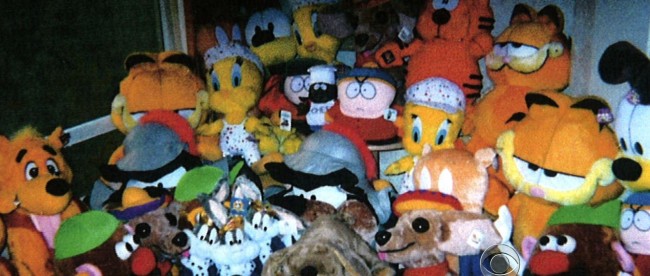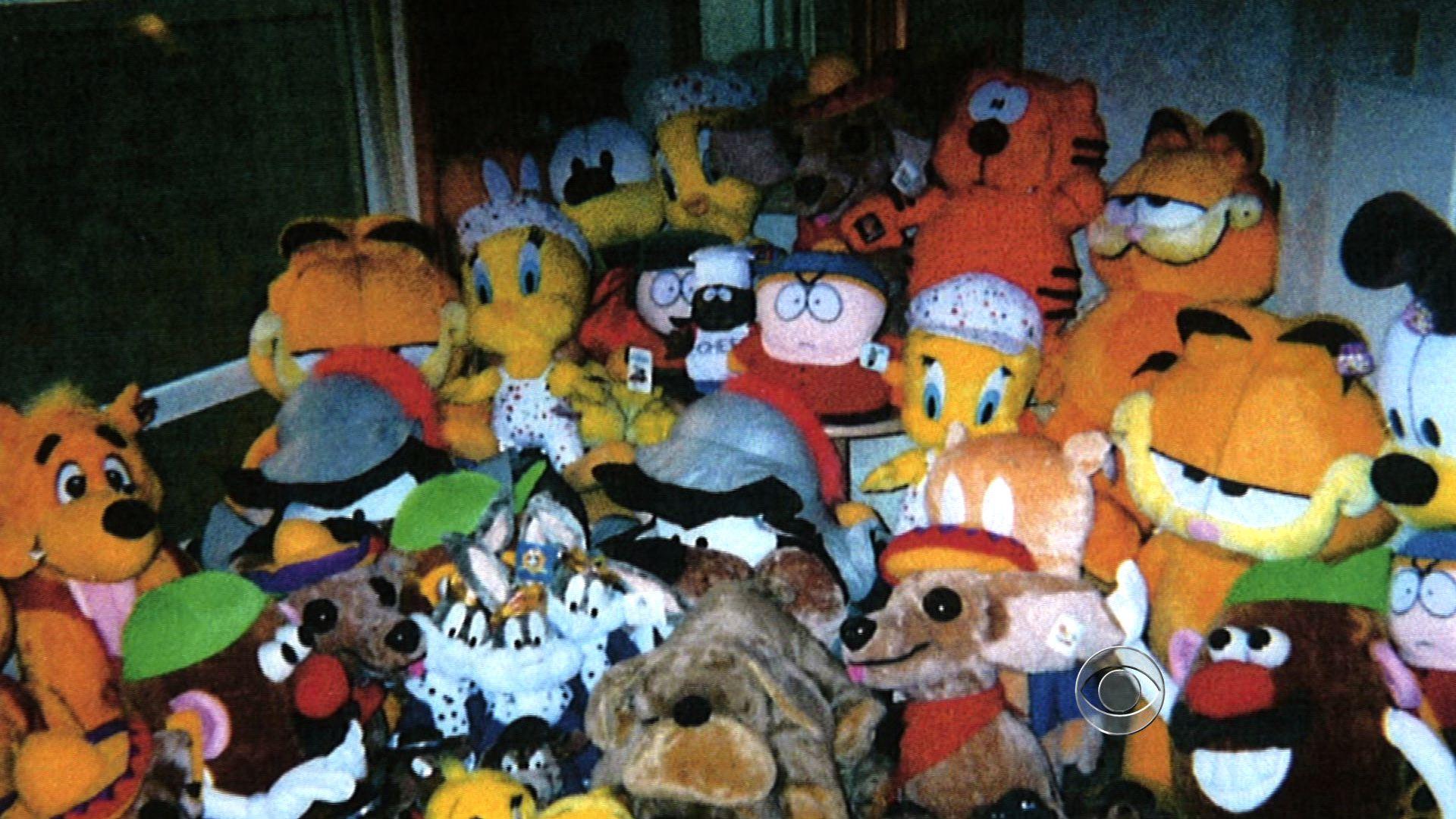You’ve Got The Right Stuffed

In the 2003 book “Bringing Down the House,” author Ben Mezrich tells the story of a team of blackjack players from MIT. The student card sharks, using a mix of math, card counting, play acting, and subterfuge, manage to find a way to get favorable odds while playing blackjack at many casinos. To exploit this advantage — even though the MIT-ers are doing nothing illegal — the students need to keep the casino in the dark about their gambit. The house doesn’t like to lose, and the casino bosses have no problems ejecting (and sometimes threatening) those who win too often.
And as it turns out, the same is true at carnivals. But the blame for that one doesn’t go to MIT. It goes to Peter Drakos, a former car dealer.
Carnival games are designed to look like they’re easy while actually being surprisingly difficult. Toss a ring onto a milk jug? Child’s play — until you try it. Knock over a few metal bottles with a softball? Same. That basketball hoop with a long net? The rim isn’t quite as wide as you’re used to. Etc., etc. The vast majority of us hand the carnival worker our $1, spend 90 seconds trying in vain to get a small doll, and typically walk away empty handed. A day at the carnival can be a $20 endeavor with nothing more than a $1 stuffed animal or a doomed goldfish to show for it.
But Peter Drakos isn’t the typical person. At the age of 9, Drakos realized he had a gift — he was really good at those games which everyone thinks are easy but are really, really hard. As CBS News reported in 2012, that year, Drakos “won enough stuffed animals that first year to give one to every single kid in his school — about 200.” And that wasn’t a fluke of a year, either. Drakos continued exploiting this skill for the rest of his life. The year CBS News profiled Drakos, he was celebrating his 64th birthday — and his lifetime haul reached an estimated 250,000 giant dolls. Here’s a picture of some of them:

That’s a lot of stuffed animals — and they take up a lot of room. No man needs so many Garfields or Cartmans or Tweety Birds, hardly. Paying for a storage facility would make an already potentially expensive hobby even more so. (That said, in the video accompanying the CBS News article above, Drakos is seen opening a storage locker. The video is worth the few minutes; you’ll also see Drakos walking out with huge bags filled with similarly huge toys.) But that’s OK — Drakos had no intention of keeping all of his loot. He played for the thrill of victory, not for the comfort of a 4′ tall huggable Mr. Potato Head. But others would appreciate the toys, so Drakos donated most of them to one of 50 different children’s charities that he’s worked with over the years. In the end, everyone wins.
Well, almost everyone. Having a ringer come in and make quick work of the balloon and dart toss isn’t good for the carnival owners. Per the Huffington Post, some carnivals therefore “have limited the number of prizes that a single player can win.” For us mere mortals, that’s not a big deal, but for Peter Drakos, it’s an acknowledgment of his claim to fame.
Bonus fact: It’s unlikely that any of Peter Drakos’ stuffed animals ended up in Saudi Arabia. That’s because they’re hard to ship there — Fed Ex, for example, lists “stuffed animals and Pokemon toys ” on its page of items that one cannot ship into Saudi Arabia. The reason? Unknown. The edict came down in 2003, but per the Telegraph, no reason was given for the decision.
From the Archives: A Fuzzy Itinerary: A travel agency that caters to a very particular type of client: stuffed animals.
Related: “Bringing Down the House” by Ben Mezrich. It’s a really good book — I’ve read it twice and gifted it a few times — despite the fact that it has only 4.2 stars on average over its more than 500 reviews.
